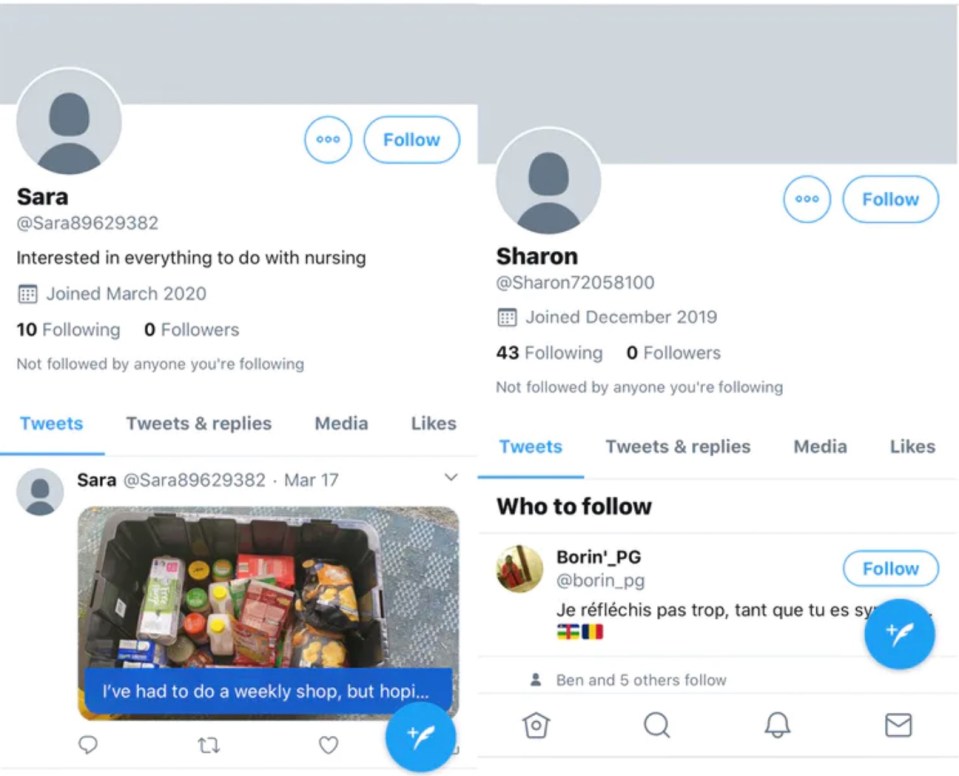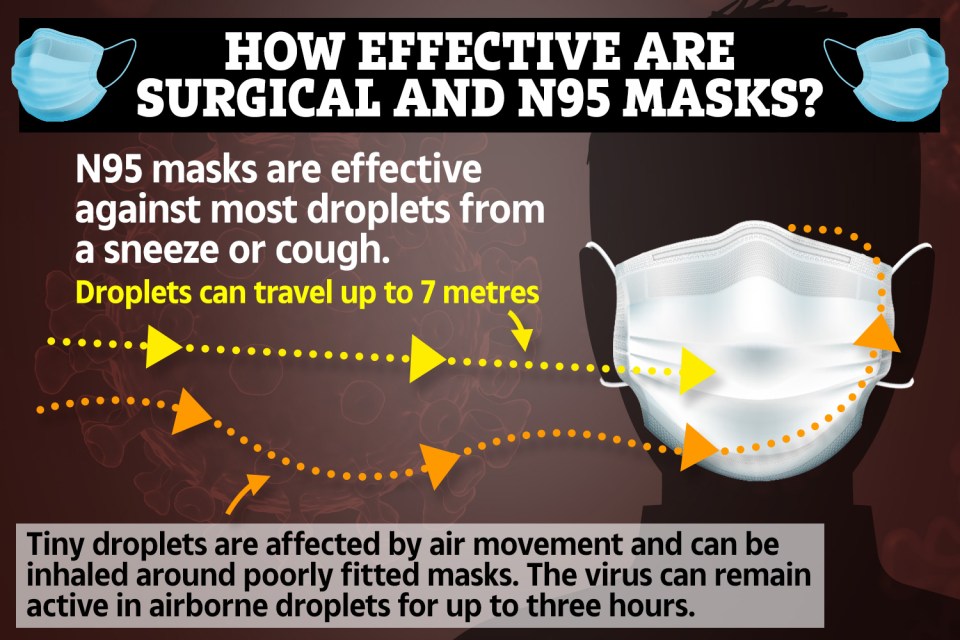Army of ‘coronavirus bots’ on Twitter are spreading fake news and scare stories about COVID-19

SOCIAL media platforms have been inundated with bots trying to spread fake coronavirus news.
Tech giants including Facebook, Reddit, Google, Microsoft, Twitter and YouTube have said they're working to remove the misinformation but users should still be cautious.
⚠️ Read our coronavirus live blog for the latest news & updates
Fake news accounts on the likes of Twitter, Facebook and Instagram are common.
Their aim is to spread misinformation and fear.
Whenever a major event occurs, such as the 2016 US presidential election or the Australian bushfires, cyber-criminals seem to try and take advantage.
According to machine learning website , bot Twitter accounts used #coronavirus 828 times, #COVID19 544 times and #Coronavirus 255 times within 24 hours on March 26.
As Bot Senitnel only recognises hashtag phrases, its likely the actual number of bot tweets about coronavirus was higher.
It's difficult to link bot accounts to the humans that are controlling them.
Some hackers and cybercriminals use bot 'campaigns' to spread social disorder, anxiety misinformation and fear.
However a report from the Oxford Internet Institute bots being used by "governments and political parties".
It stated: "Evidence of organised social media manipulation campaigns which have taken place in 70 countries, up from 48 countries in 2018 and 28 countries in 2017.
"In each country, there is at least one political party or government agency using social media to shape public attitudes domestically."
With regards to Covid-19, bots have been seen mimicking real accounts by posting things like empty supermarket shelves and stock-piling.
They have also been spotted replying to official government accounts with fake stories about the virus.
, Chair Professor and Director of Cyber Security at The University of Queensland, investigated some coronavirus bots for an article in .
Ko found several accounts spreading fake information about anxiety-inducing things like loved ones not being treated fairly.
He also found concerning examples of real users interacting with bots.
How to spot a bot
Some telltale signs of bots include not having a profile picture and not having any followers.
The account may only have a few tweets and no last name or a username full of numbers.
You should also check if the account was only made recently.
Bots tend to only follow things like official government accounts or influencers.
How to avoid falling foul of coronavirus scams
Here's what Javvad Malik, a cyber-expert at KnowBe4, told the Sun...
- "During the pandemic, we've seen a sharp rise in criminals trying to extort money or install malware on computers and mobiles through deceptive means.
- "Email is the most popular, but we've also seen a rise in the number of fraudulent text messages being sent.
- "People should remain sceptical and not click on links directly, particularly if there are demands for payment.
- "When in doubt, visit the government website directly to look for information.
- "Organisations should also educate their staff in how they will contact and convey information to them so they are not fooled by criminals posing to be from work."
TOP STORIES IN TECH
In other news, a fake 'UK Government' text is attempting to swindle victims out of money using coronavirus fears.
A new Snapchat social distancing filter reminds you to keep clear of others when out in public.
A simple WhatsApp scam that hijacks your account is doing the rounds again.
Have you spotted any coronavirus scams? Let us know in the comments...
We pay for your stories! Do you have a story for The Sun Online Tech & Science team? Email us at tech@the-sun.co.uk
















